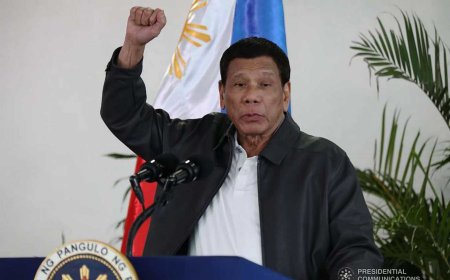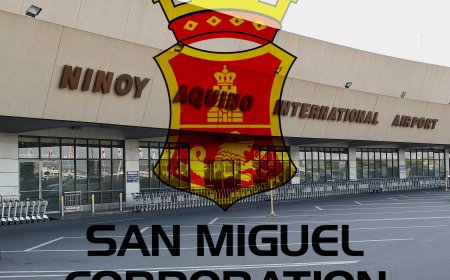Regional and Factional Mentality of Filipinos
The Philippines is a nation of rich cultural diversity, where regional identities and social factions play a significant role in shaping the mindset of its people.
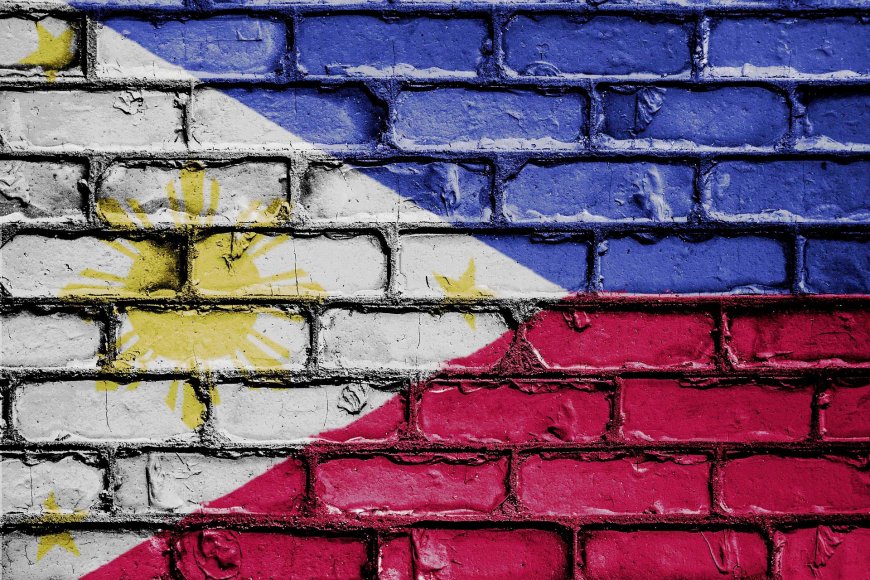
How Geography and Social Ties Shape Filipino Identity
The Philippines is a country rich in cultural diversity, regional identities, and social dynamics. From the bustling urban centers of Manila to the quiet coastal towns of the Visayas and the mountainous regions of Mindanao, Filipinos exhibit varied mentalities shaped by their environment, history, and local customs. The concept of “regional mentality” or “factional mentality” reflects this diversity, where regional identity, social affiliation, and political leanings influence how Filipinos perceive themselves and others.

A Historical Overview
The Philippines is composed of over 7,000 islands, divided into three main geographic regions: Luzon, Visayas, and Mindanao. These regions are further divided into numerous provinces, each with its own dialect, traditions, and subcultures. This geographic fragmentation played a significant role in shaping the Filipino regional mentality. Historically, communication between regions was limited, with different islands developing their own distinct cultures and societal norms.
During the pre-colonial period, various tribes and kingdoms existed independently of one another, often engaging in trade, diplomacy, or warfare. The Spaniards’ arrival in the 16th century further cemented these divisions, as the colonizers used a divide-and-conquer strategy to subjugate the native populations. Even today, regional pride and loyalty remain strong, with people identifying more closely with their localities than with the nation as a whole.
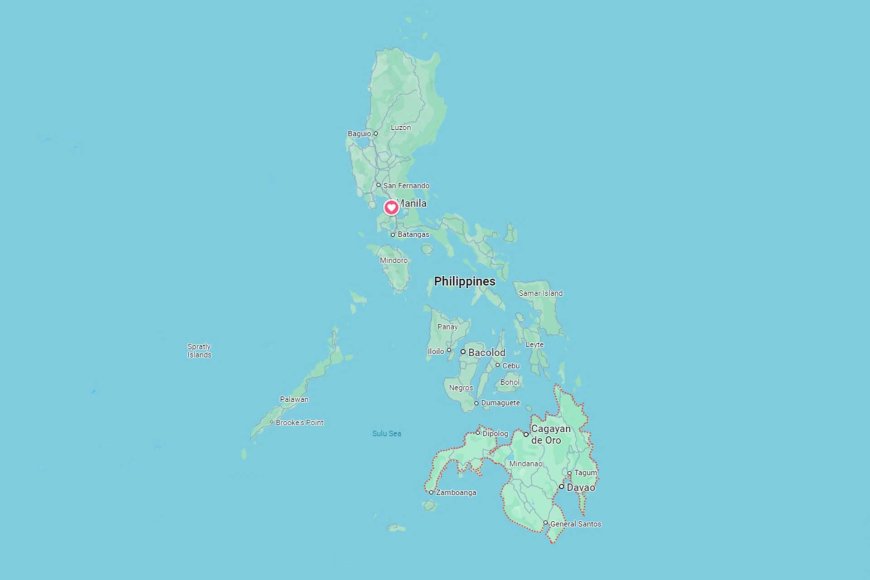
Luzon: The Urban Mindset and Centralization
Luzon, home to the capital city of Manila, is the political and economic heart of the Philippines. The mentality in this region is often shaped by urbanization, access to education, and a fast-paced lifestyle. People from Luzon, particularly from Metro Manila, tend to view themselves as progressive and modern, often comparing their region to global metropolitan centers like New York or Tokyo.
Due to its position as the seat of government, the people of Luzon often adopt a centralist mindset, believing that their region’s way of life is the standard by which the rest of the country should be measured. This mentality sometimes leads to tension with those from Visayas and Mindanao, who feel neglected by the national government and believe that the capital receives disproportionate attention and resources.
This centralization also feeds into the perception of "Imperial Manila," a term used by Filipinos from the provinces to describe how Manila-based politicians and media dictate the national narrative, often overlooking the issues and concerns of people living in other regions.
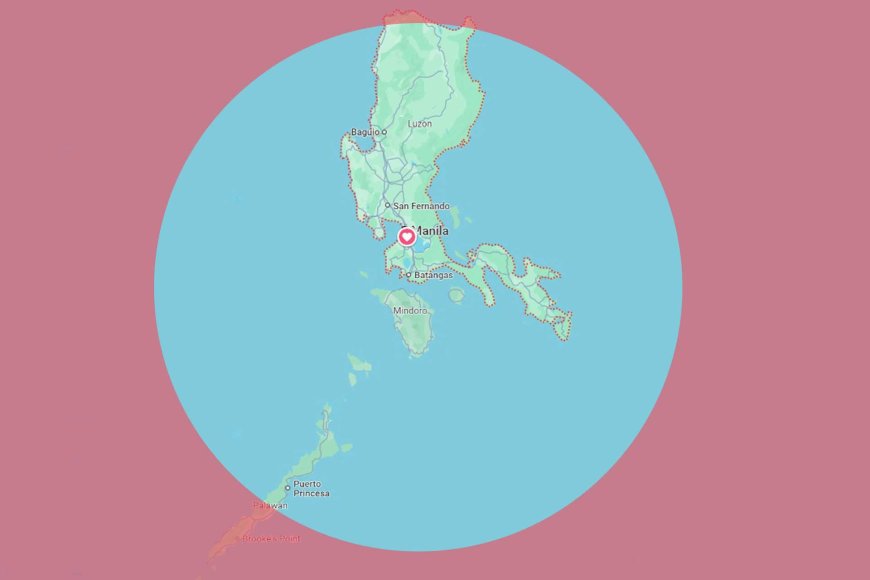
Visayas: A Blend of Tradition and Modernity
The Visayas, located in the central Philippines, is known for its vibrant culture and strong sense of community. The people in this region, particularly in cities like Cebu and Iloilo, are seen as a balanced blend of tradition and modernity. While cities in the Visayas are urbanized, they retain a strong attachment to their customs and historical heritage. Festivals like Sinulog and Dinagyang are celebrated with great enthusiasm, demonstrating the region's deep cultural roots.
Visayans, particularly Cebuanos, are known for their independence and resilience. They see their region as capable of thriving without the influence of Manila and often champion the idea of federalism as a means to decentralize power from the capital. The entrepreneurial spirit is also alive in this region, with many successful businesses originating from the Visayas. This independent mentality, however, sometimes clashes with the centralized nature of the Philippine government, furthering the sentiment of regionalism.
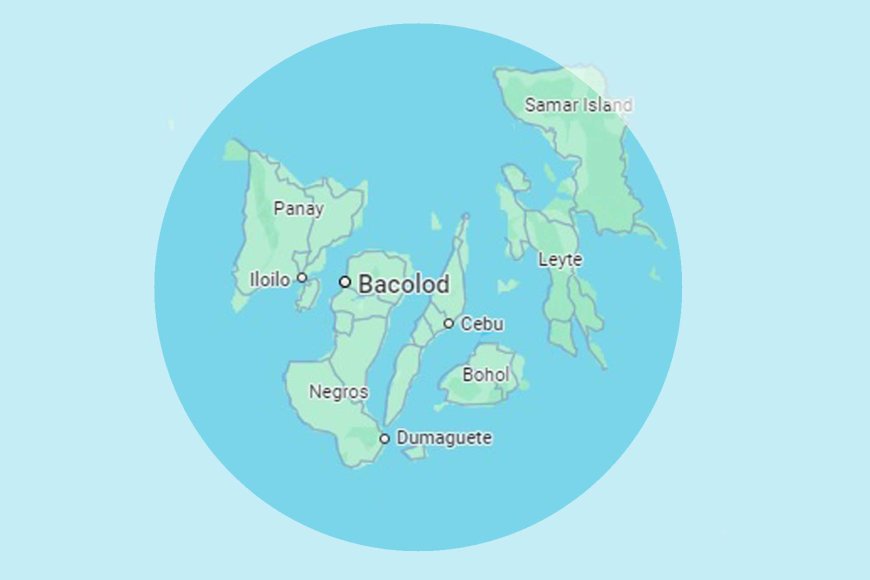
Mindanao: The Struggle for Recognition
Mindanao, the southernmost of the three major regions, has long felt a sense of isolation from the rest of the Philippines. Historically, Mindanao has been the site of conflict, from the resistance against Spanish colonization by the Muslim sultanates to the contemporary struggles of the Moro people for autonomy. As a result, the people of Mindanao often see themselves as distinct from their Luzon and Visayan counterparts.
The regional mentality of Mindanao is shaped by a sense of underrepresentation and neglect. Many Mindanaoans believe that the national government has failed to address the economic, social, and political issues unique to their region. This has led to calls for greater autonomy, and in some cases, outright independence. In recent years, the establishment of the Bangsamoro Autonomous Region in Muslim Mindanao (BARMM) is an effort to address these concerns, though the road to peace and prosperity in the region remains challenging.
In addition, the people of Mindanao often take pride in their agricultural prowess. The island is a major food producer for the Philippines, supplying rice, bananas, and other crops to the rest of the country. Yet, despite its contribution to the national economy, Mindanao is often left out of the political and media spotlight, fostering a sense of marginalization among its inhabitants.
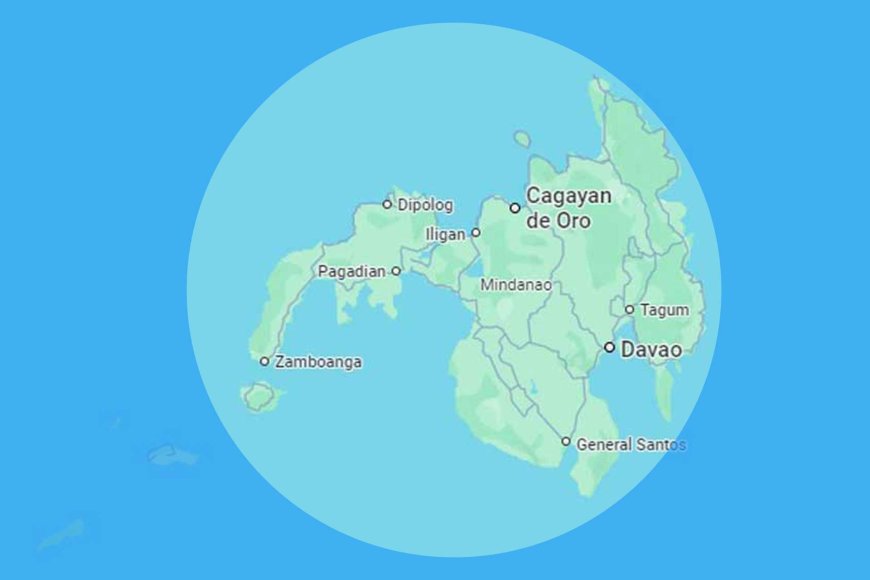
The Faction Mentality: Beyond Regionalism
Aside from regionalism, factionalism also plays a significant role in shaping Filipino mentalities. Filipino society is deeply communal, with strong loyalties to family, friends, and local social circles. This extends to politics, where political clans and dynasties dominate. The mentality of "utang na loob" (debt of gratitude) plays into factionalism, as individuals often feel obligated to support those who have helped them, even if it means aligning with questionable political figures or policies.
Factionalism is also seen in the way Filipinos divide themselves along social and economic lines. Urban elites, rural poor, and middle-class professionals often have very different outlooks on life. These factions shape public discourse and policy, with each group advocating for its interests, sometimes at the expense of others.
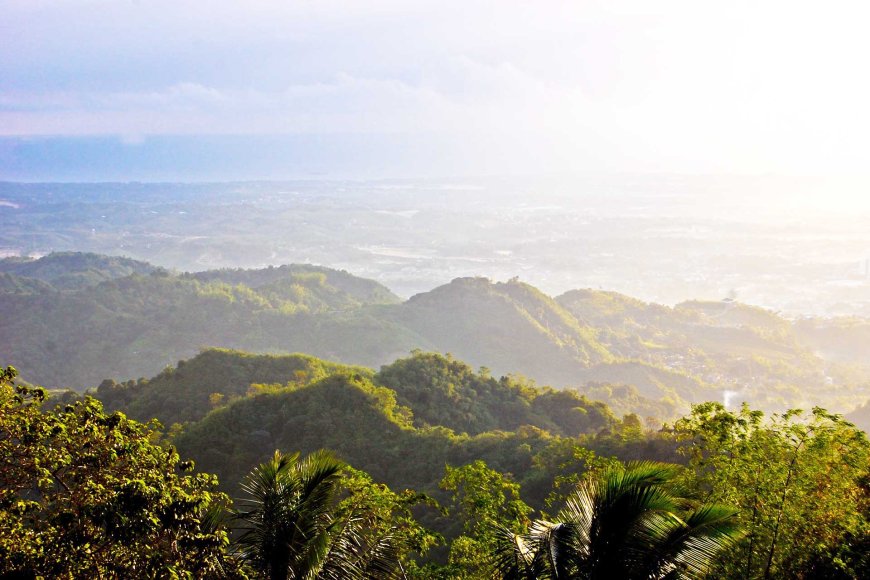
Moving Toward a National Identity
While regional and factional mentalities are deeply ingrained in Filipino society, there is a growing push toward a more unified national identity. Efforts to promote federalism, increase representation for marginalized regions, and foster dialogue between different factions are ongoing. The challenge lies in balancing local pride and identity with the needs of the nation as a whole.
Ultimately, the Filipino identity is one of diversity—embracing different languages, cultures, and histories. Rather than seeing this diversity as a source of division, it can be a strength, providing the Philippines with experiences and perspectives that can be harnessed for national development. The key is in fostering understanding and cooperation among the country's various regions and factions. Only then can the Philippines truly achieve unity in diversity.
Find Cheap Flight Tickets to any Destinations in Japan and the Philippines
Nipino.com is committed to providing you with accurate and genuine content. Let us know your opinion by clicking HERE.



















































